The proportion of crimes resulting in a charge or summons fell to 7.8% in the year to March, marking the lowest figures since the Home Office began compiling the data in 2015.
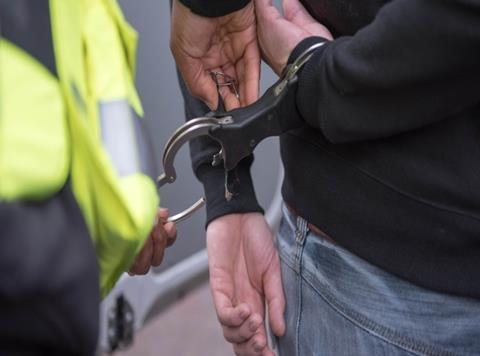
The 1.3% decline on last year’s figures is equivalent to an annual reduction of 39,496 charges/ summons, according to the Home Office.
Only 5.7% of theft offences resulted in a charge or summons, with the figure rising to 7.4% for robbery.
Across all crime, 44.4% of investigations result in no suspect being identified, rising to 74.4% for theft offences, the Crime Outcomes in England and Wales report revealed.
For theft offences, the amount of time taken for the police to reach an outcome for an investigation has fallen dramatically in recent years. In 2016, investigations for theft offences were concluded after an average of seven days, but over the last year the average time to assign an outcome is now just two days.
In addition, the volume of charges fell by 9% - from 442,717 to 403,221 – while the volume of crime (excluding fraud) recorded by the police rose from 4.9 million to 5.2 million offences.
The Home Office also said there had been a growing proportion of cases where victims did not support police action.
“Since the introduction of the crime outcomes framework there has been a downward trend in the proportion of offences with a charge/summons applied within the same year that the crime was recorded (falling from 15% to 8%),” the Home Office said in a statement.
“There has also been a growing proportion of cases recorded where victims did not support police action (from 9% to 23%). These two trends are likely to have been influenced by the changing caseload and crime mix being dealt with by the police.”
Association of Convenience Stores chief executive James Lowman said: “These figures demonstrate why retailers are frustrated with the response to crimes that they report. Only one in four thefts results in a suspect being identified, with less time being spent on cases before being dropped. This is despite millions of pounds being spent by retailers on crime prevention that appears to be being ignored, or at best, underutilised by the police.
“Central government, Police and Crime Commissioners and local forces must do more to tackle the problem of theft, because we know that these offenders are more likely to both reoffend and progress to more serious crimes like robbery and violence when they aren’t dealt with properly by the justice system.”
C-store retailers recently appeared on the BBC’s Victoria Derbyshire show to highlight their experiences of violence and abuse against store workers amid cross-industry calls for government action.

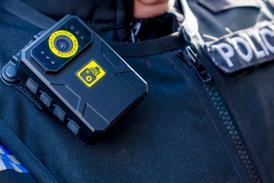










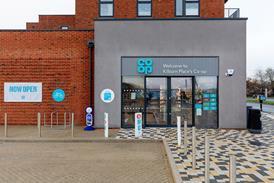







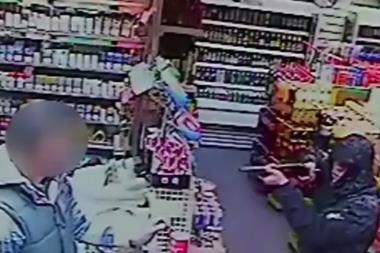
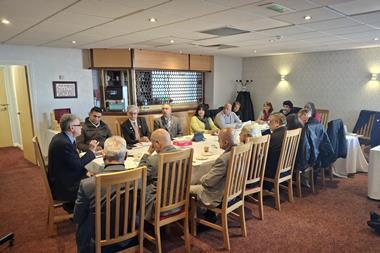

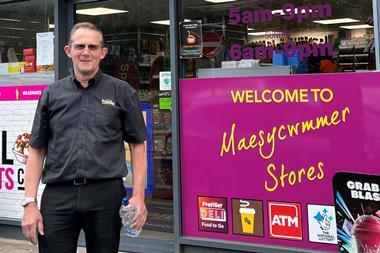
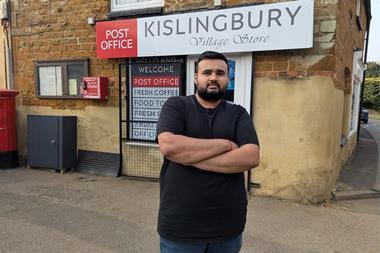
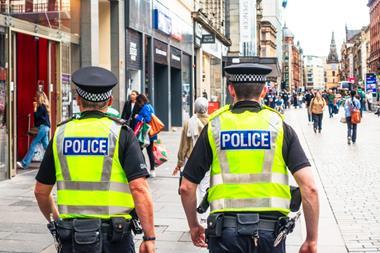




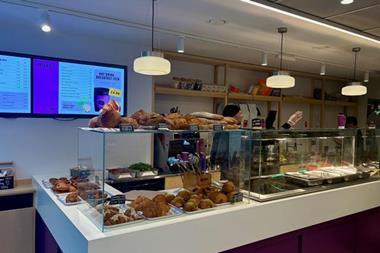
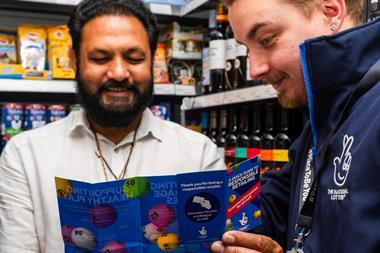
No comments yet